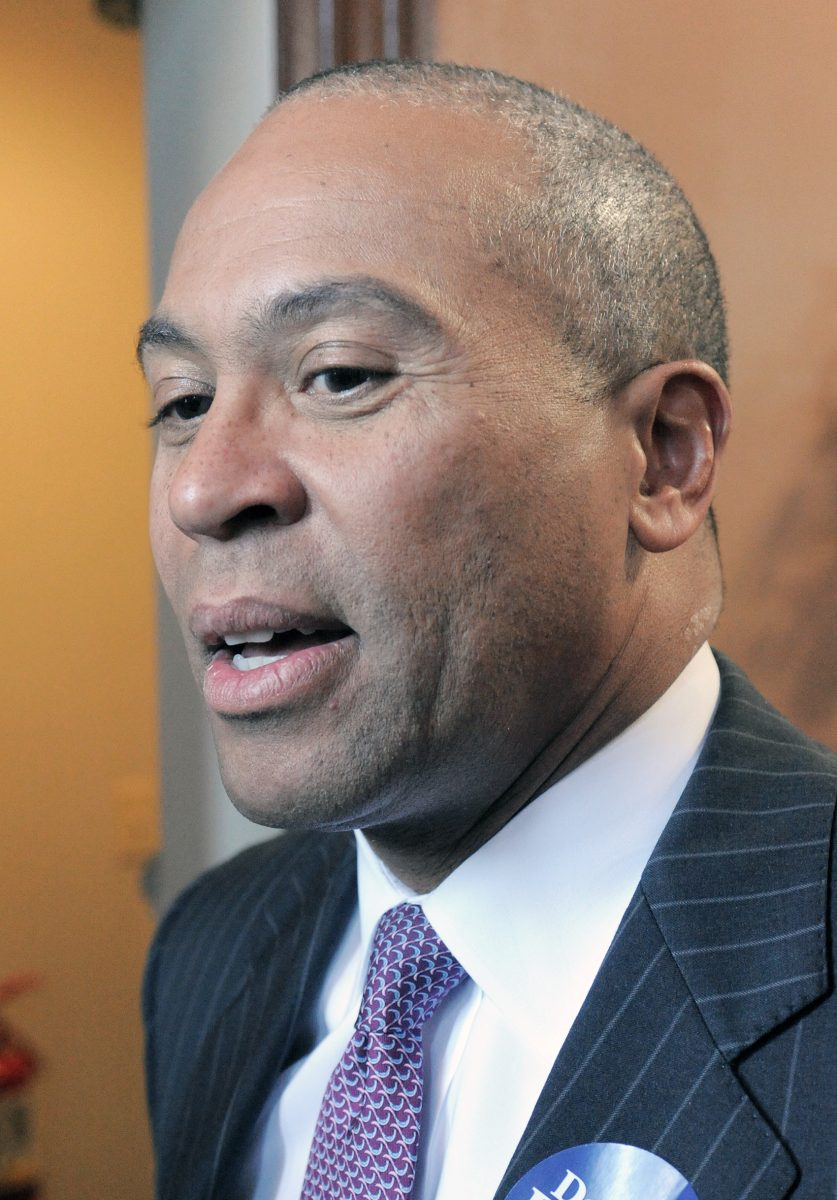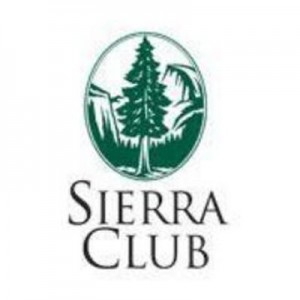WESTFIELD – Gov. Deval Patrick is urging passage of a ballot question that would expand the state’s beverage deposit law to cover bottled water and other non-carbonated drinks.
Patrick joined backers of the measure — Question 2 on the November ballot — at an event yesterday on Boston Common.
“I urge supporters of YES on 2 to do the same, to tell everyone that YES on 2 will increase recycling, clean up our parks and save cities and towns money,” said Patrick. “YES on 2 is good for our state and good for our environment. I urge voters to keep that in mind on Election Day.”
Proponents say that the beverage market has evolved since 1983 and that more drinks are bottled in plastic today than 30 years ago.
Organizations such as the Massachusetts Public Interest Research Group (MassPIRG) and the Massachusetts chapter of the Sierra Club are behind the measure and 209 cities and towns in the Commonwealth – including Westfield, Southwick, Blandford, Chester and Huntington – have endorsed voting yes on the question.
According to the website yesonma2.org, passing an update of the bill will mean less litter, more green jobs and increases in recycling.
Phil Sego, an activist for the Massachusetts Sierra Club, believes the numbers speak for themselves.
“80 percent of the bottles covered under the bottle bill are recycled, which is a huge number. No other system on this planet comes close,” he said. Bottled water, Gatorade, Sunny Delight… what percentage of these are recycled? 23 percent. So this huge gap exists between whats covered and what isn’t.”
Sego said the remaining 77 percent of bottles not covered by the bill become litter and trash and added that the 351 cities and towns in Massachusetts will save $7 million in trash cleanup should the bill go through.
“That’s not going to save the state’s financial woes, but cities and towns are struggling to keep places clean and this will be a huge benefit,” said Sego.
Dan Powers, campus organizer for Westfield State University’s chapter of MassPIRG, stated that the response from the school’s student body has been very receptive.
“We educated them a lot about it last year. Students really like the pro-recycling aspect of it,” said the Mansfield native. “We’ve got about 20 students who help out when they can and we’ve had a very good response from faculty and staff. A lot of professors are really supportive of the bill and what we’re doing.”
The initiative would also increase the 5 cent deposit every five years and keep it indexed to the rate of inflation.
Under the current law, unredeemed nickel deposits on beverage containers go to the state treasury, but if question 2 passes, unclaimed deposits will go to an environmental fund.
While Beacon Hill Democrats and Republicans alike have sought to make minor adjustments to the bill, it is currently enjoying high approval ratings among Bay State residents.
One of the chief opponents of the bill are beverage distributors, such as the American Beverage Association, who have been pouring millions of dollars into advertising campaigns to stop the bill.
Mark Placek, president of Westfield’s Commercial Distribution, Inc., feels the bottle bill as a whole is antiquated.
“It was first initiated in Massachusetts in the early ’80s and I don’t believe any state since Massachusetts has passed a bottle bill,” said Placek. “The best way for recycling is curbside recycling.”
Placek said that giving municipalities aluminum cans helps them, even if they have to sort them out amongst other empty containers.
“Instead of bringing what is basically trash back to stores who are storing these empty containers – that are filled with whatever – next to food products and other beverages, it doesn’t make sense,” he said.
In response to bottle bill proponents’ claim that curbside recycling isn’t effective enough due to the go, go, go lives of most Bay Staters, Placek said it works just fine for him.
“I engage in curbside recycling and bring back all of our recyclables. It works for me and for a lot of other people,” he said. “I can go out to companies and universities and most everybody has seperate containers for recyclables. They have trash disposals barrels and right next to it is a recyclable container. If I’m out and about, I’ll throw mine in the recyclable container.”
As far as predicting what will occur on November 4, Powers is confident that the pro-bottle bill contingent can pull out the win.
“We’re facing some opposition, but we have the majority of the public’s support,” he said. “It’s going to be interesting and down-to-the-wire, but I’m confident in our ability to educate the public on the bill. I think we’re going to have a good outcome.”





